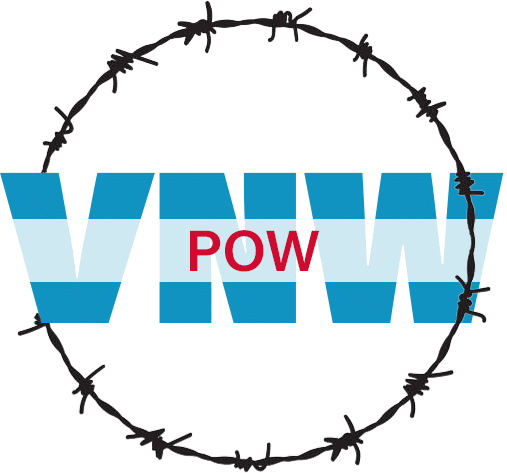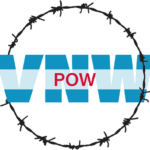Thursday, November 4, 19994House of Representatives,
Committee on International Relations,
Washington, D.C.
The Committee met, pursuant to notice, at 10:10 a.m., in
room 2172, Rayburn House Office Building, Hon. Benjamin A.
Gilman (Chairman of the Committee) Presiding.
Chairman Gilman. The Committee will come to order. Members
please take their seats.
Between July 1967 and August 1968 a team of interrogators,
believed to be Cubans, brutally beat and tortured 19 American
airmen, killing one in the prisoner of war camp known as ``The
Zoo.'' I want to thank Congresswoman Ileana Ros-Lehtinen, our
distinguished Chairman of our Subcommittee on International
Economic Policy and Trade for her leadership in pursuing this
issue.
I served on the Select Committee that initially
investigated the fate of American prisoners of war and those
missing in action, and I look forward to hearing from our
witnesses today. This morning, we will hear testimony from two
distinguished panels.
On our first panel, we are honored to have three former
prisoners of war, including two who were subjected to the so-
called ``Cuban Program'': Captain Raymond Vohden, who later
served with the Defense Department's POW-Missing Personnel
office, and Air Force Colonel Jack Bomar, of Arizona. Our other
witnesses include Michael Benge, a foreign service officer who
was a prisoner of war in Vietnam for 5 years; and Andres
Garcia, the Vice President of the Cuban American Veterans
Association.
On our second panel, we will be joined by Robert Jones,
Deputy Assistant Secretary of Defense for Prisoner of War and
Missing Personnel Affairs; and Robert Destatte of the Defense
Department's Prisoner of War-Missing Personnel office.
Recent press reports have revived interest in this terrible
chapter of the Vietnam War and raised hopes that those
responsible for those crimes can be identified. In that regard,
we have written to FBI Director Louis Freeh to ask the Bureau
for its assistance in pursuing information in the files of
former Soviet Bloc countries regarding the Cuban program.
Those who murdered or tortured our American servicemen are
still at large somewhere, possibly in Cuba. There is no statute
of limitations on the crimes committed against these American
servicemen. Neither shall there be a statute of limitations on
our commitment to discovering the true identity of those
responsible for such crimes, so that they may be brought to
justice. Our Nation owes this to the courageous men and women
who served us so loyally in Vietnam.
Before we begin with our first panel, let me ask our
Ranking Member, Congressman--Judge Hastings, if he would like
to make any opening remarks.
Mr. Hastings. In the interest of time I will ask that any
comment that I make be inserted in the record.
I would like to thank Ileana Ros-Lehtinen for her
leadership in this effort.
Thank you, Mr. Chairman.
Chairman Gilman. Dr. Cooksey has asked to be recognized.
Mr. Cooksey. Thank you, Mr. Chairman.
My request, Mr. Chairman is that we minimize opening
statements as much as possible. I am particularly interested in
this issue. I want the facts out. I would like to have the
maximum amount of time with these witnesses. Due to a counter-
request, I am not going to demand that we have a total limit of
time. But I hope we can get to the witnesses.
Chairman Gilman. We will get to the witnesses as quickly as
possible. I would like to recognize the distinguished Chairman
of the Subcommittee on International Economic Policy and Trade,
Ms. Ros-Lehtinen, the gentle lady from Florida.

Five Vietnam War POWs Honored at AFA’s Air, Space & Cyber Conference
The Air & Space Forces Association recognized American prisoners of war during its 2023 Air, Space & Cyber Conference, as part of the association’s ongoing commemoration of the end of the Vietnam War. Of some 170 individuals who appeared on stage throughout the three-day conference in National Harbor, Md., five



